UK’s ‘golden visa scheme’ suspended
Residency for wealthy investors in return for investment has been labelled ‘visa-free access for sale’
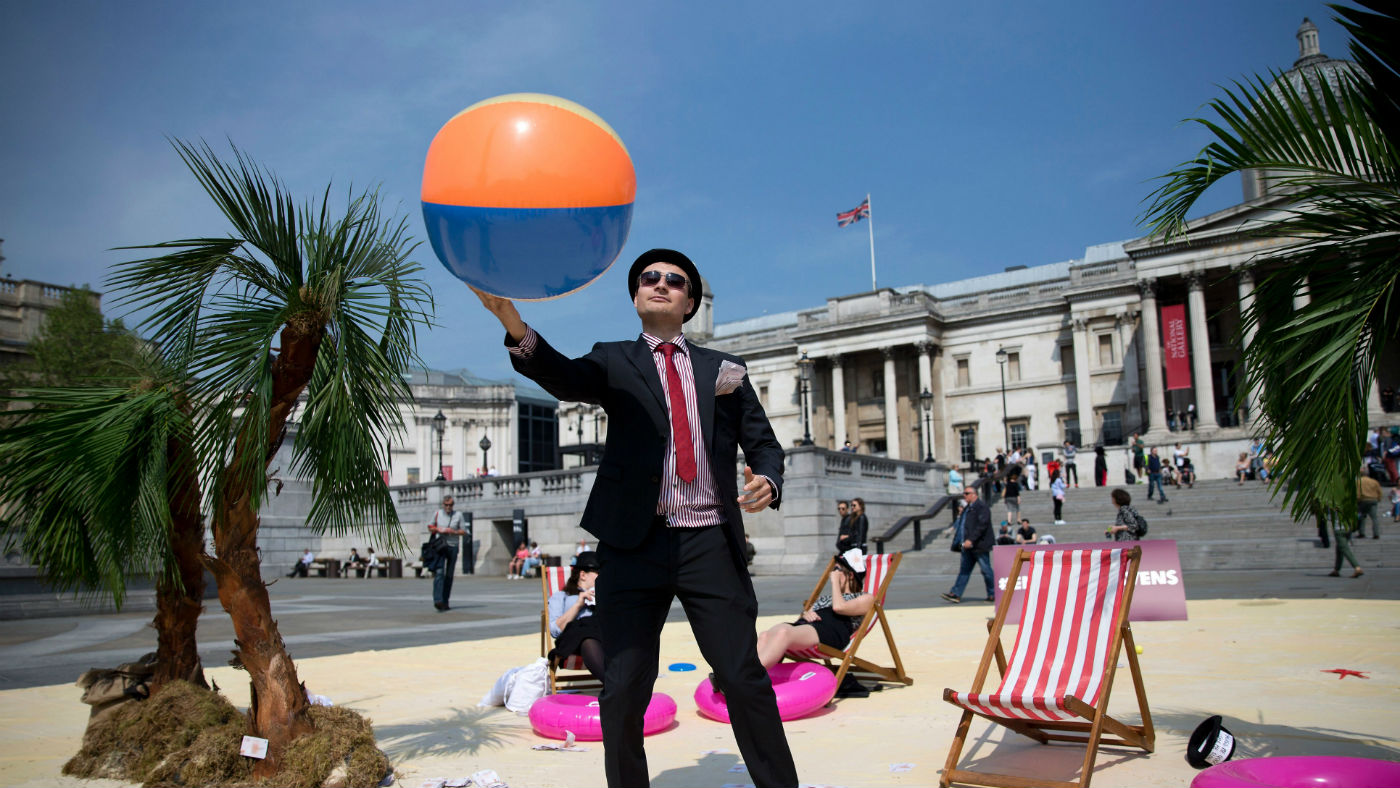
A free daily email with the biggest news stories of the day – and the best features from TheWeek.com
You are now subscribed
Your newsletter sign-up was successful
The UK is to suspend its top tier investor visa scheme, as part of a drive to crack down on organised crime and money laundering.
Tier 1 ‘golden visas’ are currently offered to non-EU residents over three years entry in return for £2 million investment in UK bonds, share capital or loan capital in UK companies. They can then apply to settle permanently after two years if they invest more than £10 million.
Around 1,000 applications for tier 1 investor visas were granted last year, but as London has increasingly become the capital of the super-rich, “the government has been concerned by the provenance of some of the wealth” flooding into the country reports Reuters.
The Week
Escape your echo chamber. Get the facts behind the news, plus analysis from multiple perspectives.

Sign up for The Week's Free Newsletters
From our morning news briefing to a weekly Good News Newsletter, get the best of The Week delivered directly to your inbox.
From our morning news briefing to a weekly Good News Newsletter, get the best of The Week delivered directly to your inbox.
“Golden visas have been widely condemned by those who believe they leave the UK open to corruption or stolen funds being laundered through the UK from Russia, China and the Middle East,” says Sky News.
In July, figures showed a 46% increase in the number of applicants to the scheme, with more than 400 applications from wealthy overseas investors, reports the South China Morning Post.
Russian and Chinese investors make up the vast majority of applications. However, The National says “critics have pointed out that more than 90% of all applications have been successful, indicating that checks were not sufficient to vet incomers”.
In a well-publicised case, Russian oligarch Roman Abramovich, owner of Chelsea football club and friend of Russian President Vladimir Putin, withdrew his golden visa application earlier this year as relations between the two countries went south over the Salisbury spy poisoning.
A free daily email with the biggest news stories of the day – and the best features from TheWeek.com
The UK scheme is one of 13 lightly regulated schemes operated by EU member states that have led to 100,000 new residents and more than 6,000 new citizens, according to anti-corruption campaigners Transparency International.
The group said the UK’s golden visa scheme has been the fourth most lucrative, netting the UK some €498 million. Spain has earned nearly double that. Cyprus, which has been criticised for selling citizenship, has netted nearly €5bn.
Global Witness has conducted a two-year investigation these schemes and raised major concerns about their abuse by criminals and shady businessmen, while outlining how they enable corruption.
Ava Lee, Anti-Corruption Campaigner at Global Witness said: “It is shameful that the UK government has sold residency to the super wealthy in return for an investment which they give back with interest, while missing their targets for providing unaccompanied child refugees with safe asylum.”
In a bid to crackdown on wealthy investors gaming the system, the Immigration Minister Caroline Nokes has now brought forward new measures which she says “will make sure that only genuine investors, who intend to support UK businesses, can benefit from our immigration system”.
From midnight tonight, applicants seeking to invest in the UK will have to provide comprehensive audits of all their financial and business interests, and prove they have control over the investment needed.
While welcoming in the “step forward in preventing the corruption risks inherent in these schemes” Lee warned that “until the rest of the Commonwealth follows suit, visa-free access to the UK is still very much for sale to anyone with a lot of cash to spare.”
In September the National Crime Agency, which tackles serious and organised crime, announced it too was stepping up efforts to tackle dirty money funneling into or through the UK.
Part of this new crackdown involves the use of Unexplained Wealth Orders (UWOs), one means by which the assets of corrupt “politically exposed persons” or those with links to serious crime can be seized.
In October, the wife of a jailed Azeri banker became the first person targeted with a UWO after authorities seized property worth about £22m.
-
 Health insurance: Premiums soar as ACA subsidies end
Health insurance: Premiums soar as ACA subsidies endFeature 1.4 million people have dropped coverage
-
 Anthropic: AI triggers the ‘SaaSpocalypse’
Anthropic: AI triggers the ‘SaaSpocalypse’Feature A grim reaper for software services?
-
 NIH director Bhattacharya tapped as acting CDC head
NIH director Bhattacharya tapped as acting CDC headSpeed Read Jay Bhattacharya, a critic of the CDC’s Covid-19 response, will now lead the Centers for Disease Control and Prevention
-
 Ascension island: UK could send small boats arrivals to remote Atlantic territory
Ascension island: UK could send small boats arrivals to remote Atlantic territorySpeed Read UK government weighs up alternatives if Rwanda scheme is ruled unlawful by Supreme Court
-
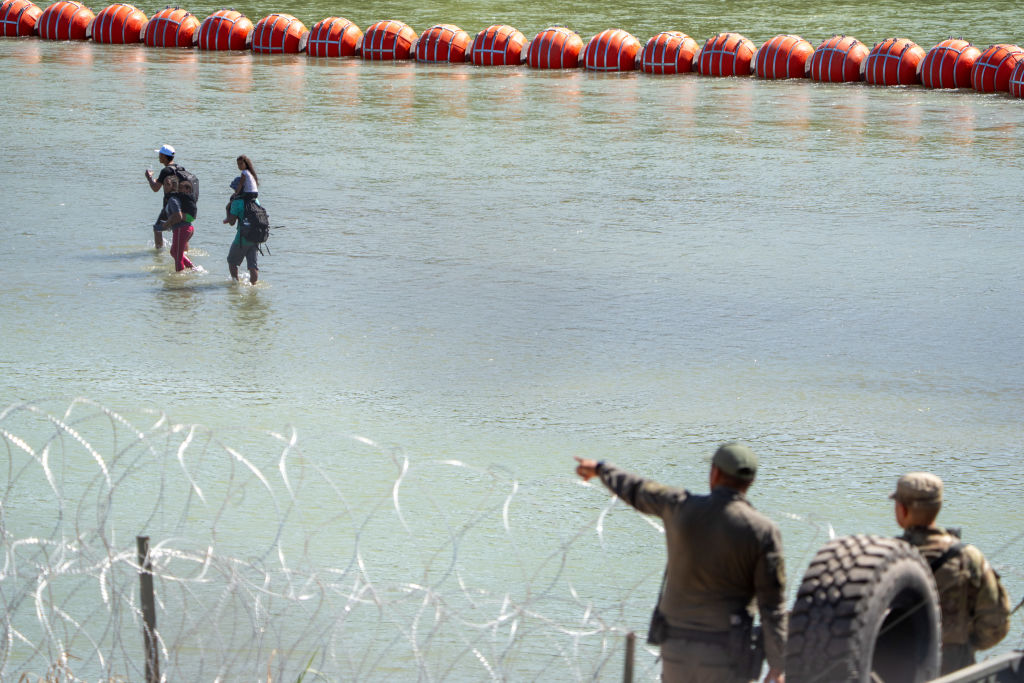 Justice Department sues Texas over Mexico border buoys
Justice Department sues Texas over Mexico border buoysSpeed Read
-
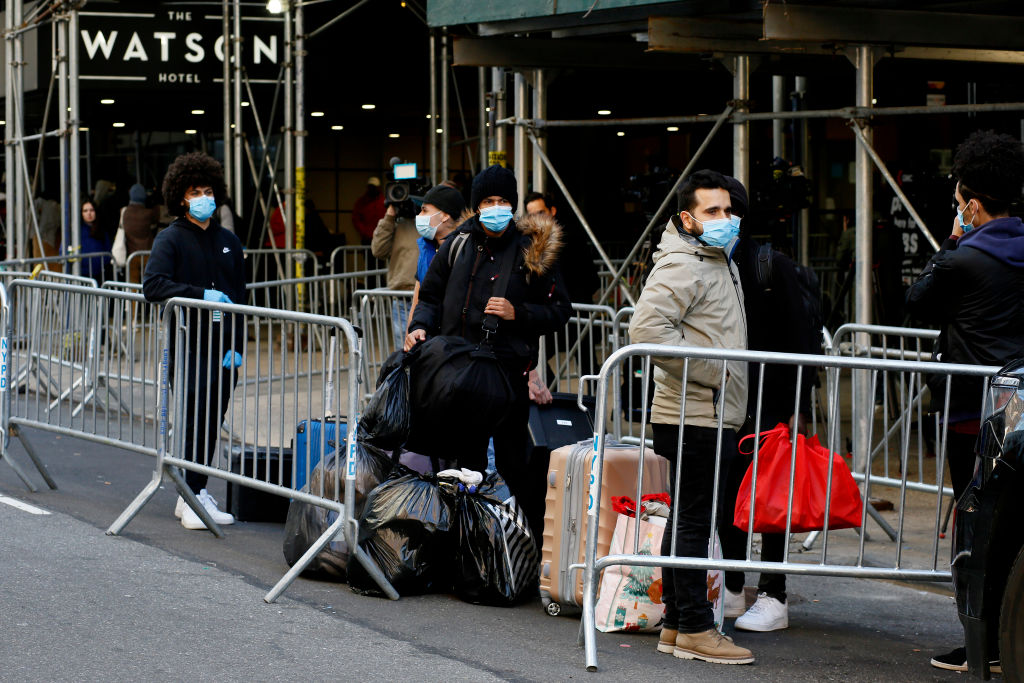 New York City weakens right-to-shelter rules ahead of expected migrant surge
New York City weakens right-to-shelter rules ahead of expected migrant surgeSpeed Read
-
 Italian Coast Guard to escort 1200 migrants stranded in the Mediterranean Sea
Italian Coast Guard to escort 1200 migrants stranded in the Mediterranean SeaSpeed Read
-
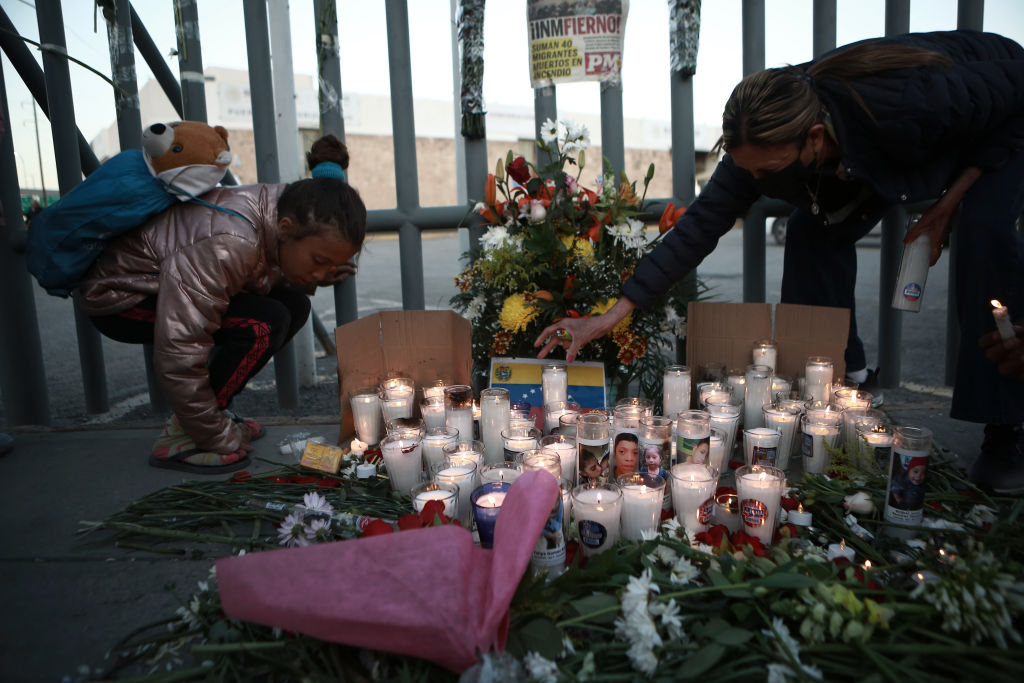 Is the U.S. culpable in Mexico's deadly migrant fire?
Is the U.S. culpable in Mexico's deadly migrant fire?Today's Big Question People on both sides of the border have already begun pointing the finger as to who (or what) is responsible
-
 Blaze kills 39 at migrant detention center in Mexico
Blaze kills 39 at migrant detention center in MexicoSpeed Read
-
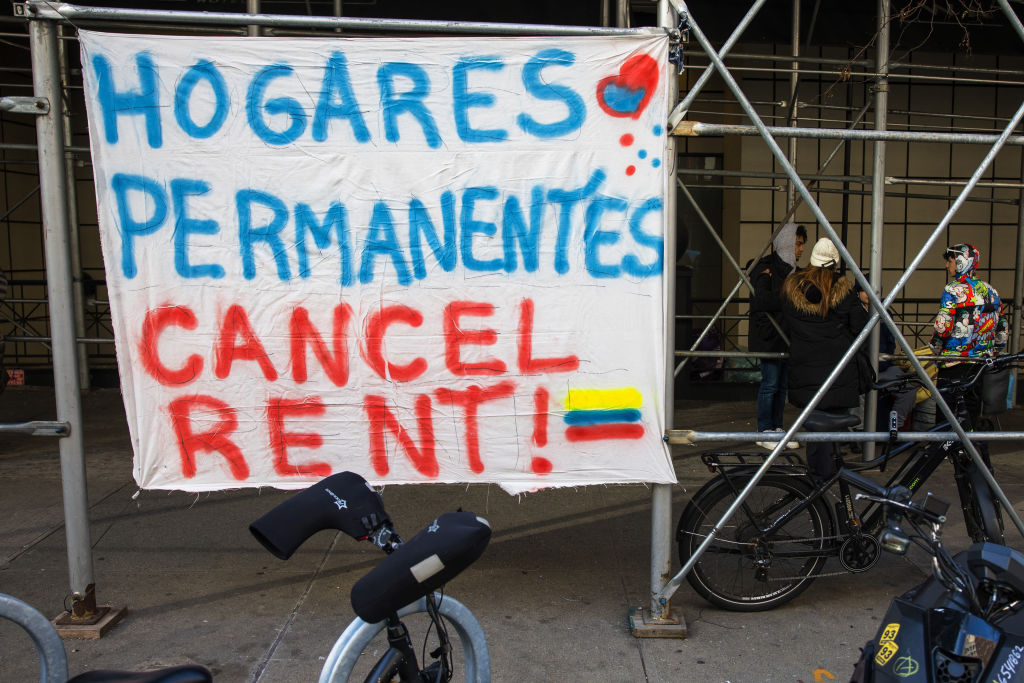 NYC migrants refuse to leave midtown hotel, citing inhumane conditions at new Brooklyn shelter
NYC migrants refuse to leave midtown hotel, citing inhumane conditions at new Brooklyn shelterSpeed Read
-
 4 proposed solutions to the U.S. border crisis
4 proposed solutions to the U.S. border crisisSpeed Read Can America's illegal immigration problems be fixed with sensible policy?